It may not be a pretty city, but it’s certainly a historic one, with roots that date back to the pre-Viking, Anglo-Saxon era, and a port that was already a busy international transit hub when William the Conqueror was on the throne in the 11th century. Some of the ancient city walls are still visible – the most famous relic being the iconic Bargate. In recent years, remnants of the walls that were previously hidden behind more modern developments have been restored, revealed and celebrated as a feature. You can now “walk the walls” and plunge into local history.
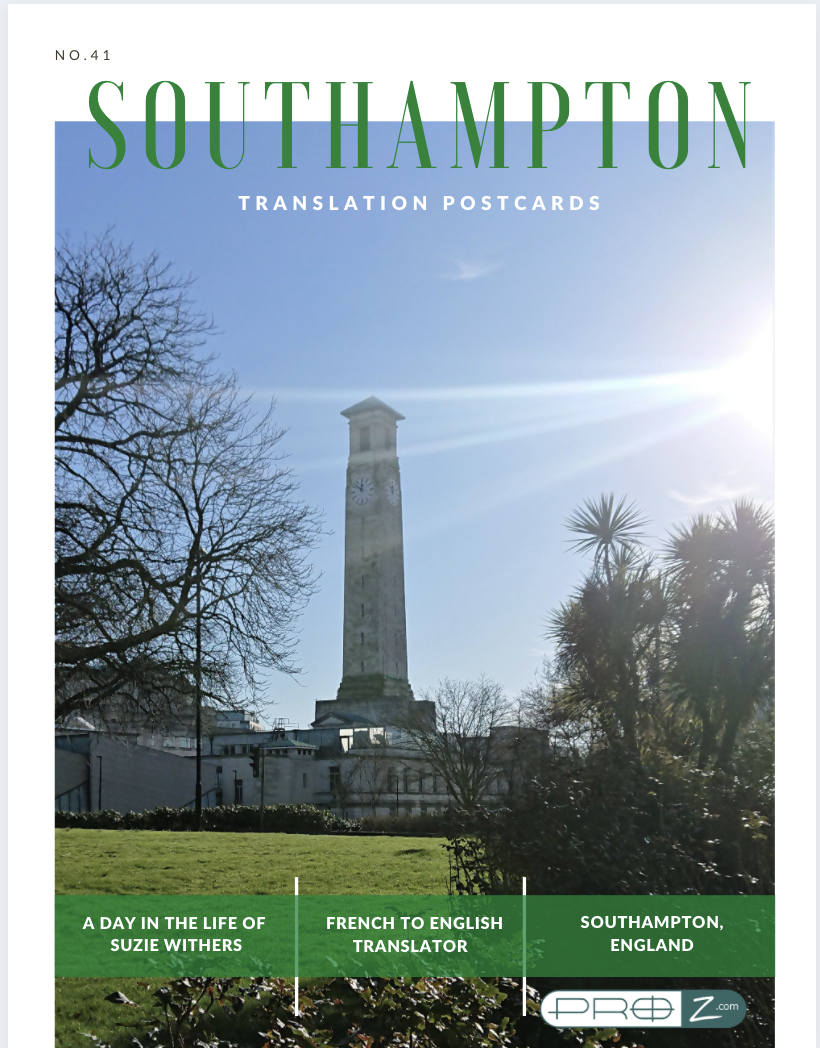
The Mayflower famously sailed from Southampton in August 1620, bound for America, although there were a few false starts along the way due to problems with the other ship, Speedwell, which had set out from the Netherlands. The Mayflower finally left the UK from Plymouth, further along the south coast, in September 1620 with the Pilgrims on board.
Another famous ship, the Titanic, set sail from Southampton on 10 April 1912, bound first for Cherbourg in France, then Queenstown (Cobh) in Ireland before making heading out across the Atlantic… and towards disaster.
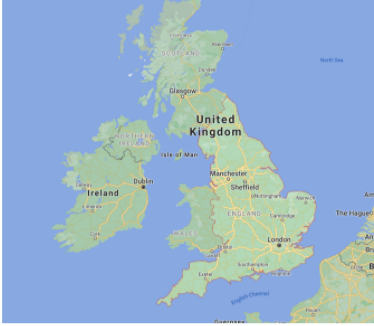
Given its strategic importance, it’s unsurprising that the city was heavily bombed during the Second World War, and like many similar cities, was hurriedly rebuilt in the post-war period along rather modernist, functional lines, with primacy given to the motor car, and plenty of concrete.
Still, it gave us the Civic Centre with its soaring clock tower and “Wyndham Court” – a listed building and example of brutalist architecture, designed to look like a cruise liner. It’s loved by enthusiasts, but hated by many residents!
Southampton is now the busiest cruise terminal and the second largest container port in the UK. Should you ever wish to escape the crowds and the concrete, the city-centre parks or the large area of parkland in the outskirts of town known as the Common are pleasant options. Further afield, the New Forest national park is a short drive away, while the sandy beaches of Dorset stretch out to the West. To the East meanwhile is Portsmouth – the city’s naval neighbour and arch-rival in football and so much else.
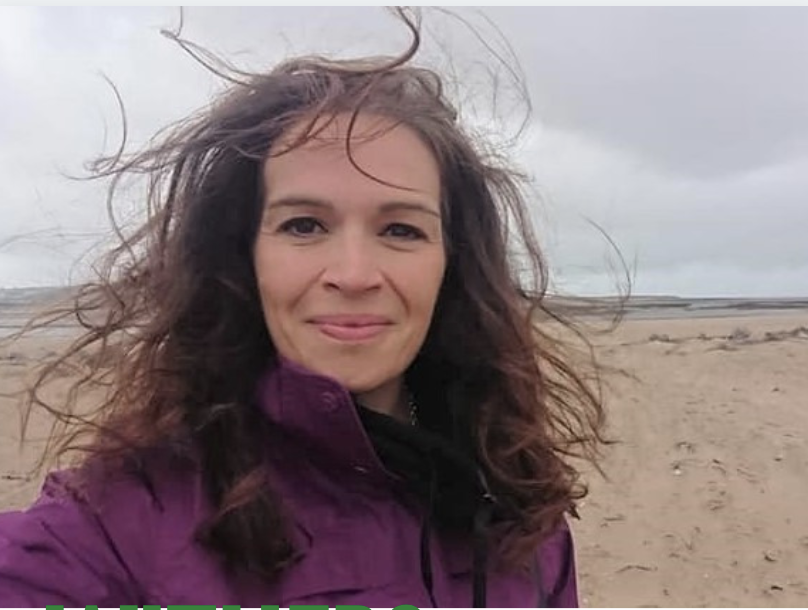
Southampton is also now home to translator Suzie Withers, who was born and grew up in London and spent a year out in Lyon in France, where she developed a high degree of fluency and an accent that could often pass for native. Having returned home to finish her degree (First Class), she was determined to use her language skills in mainland Europe, and took off for the melting pot of Brussels, where she worked in a bilingual organisation. After a year there, amid relationship woes, she left. But not before getting to know a group of ex-air traffic controllers whose company she enjoyed so much she decided to pursue it as a career option. She applied and passed the entrance exam, but came unstuck at the interview, which proved a huge blow.
Suzie applied again, but decided to widen her options to include anything related to IT, which had been part of her degree. The offer for a graduate training programme for a financial services company in Southampton proved too tempting to resist, and the dream of air traffic control faded away. She spent many years in finance, but always felt there was something lacking. True, it provided a chance for her to use her analytical mind and writing and research skills, but she sorely missed using the one thing that she’d always excelled at – French. And so she decided in 2007 to challenge herself by taking the UK Diploma in Translation (provided by the Chartered Institute of Linguists). Having completed past papers and received excellent feedback via a correspondence course, she sat the exam and passed.
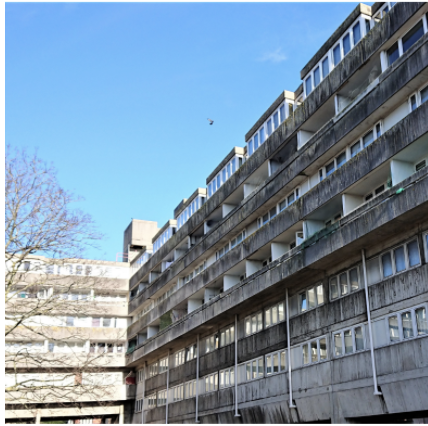
Aware that she only had one foreign language, Suzie realised she’d have to either learn another one to obtain an in-house position or try her hand at freelance translation – a scary step for someone who had only ever previously been an employee. But then disaster struck in the form of a potentially lethal auto-immune disease. Emerging shaken from the experience, Suzie understood that she had to throw herself into her plans and signed up on ProZ.com. But the financial pressure following her period of illness took its toll and she was sucked back into the world of IT.
Still, the freelance translation dream never quite went away and in 2020, with a few years of savings under her belt, Suzie decided to set out her stall once and for all as a French to English translator – just before the pandemic sprang out of nowhere. She began with voluntary translations for NGOs, combining this with spells as a volunteer in a COVID mutual aid group. Later that year, she went full time, and took the decisive step of changing her LinkedIn profile to say merely “Translator”.

Given the global situation, Suzie’s new career got off to a slow start, but her confidence has grown with every new job, and the feedback she’s received has been consistently positive, encouraging her to develop her business, focus on gaining experience, exploring various types of text and getting established, with a view to seeking out direct clients further down the line – not least because the cost of living in the UK is high. Nevertheless, that hasn’t stopped Suzie contributing gladly to certain NGOs working in the prison sector or battling poverty – where she feels her work is both appreciated and important.
Until now, her clients have been in the UK and mainland Europe, but also include agencies in the US and the Middle East. Her work to date has included a number of websites, internal documents for financial firms, contracts and a series of poetic photo descriptions – the latter of particular interest as Suzie is herself a keen photographer.
Despite wishing she could spring out of bed bright and breezy every morning, Suzie generally rises at a respectable 7am to 8am, although on certain days she persuades herself to get up earlier for a run which always feels rewarding – when it’s over. Calmer options include morning yoga and mindfulness practice – a chance to switch off before the day kicks off in earnest.
The exercise is followed merely by black coffee or Earl Grey tea – Suzie’s weekday regime is quite ascetic – fasting until early afternoon, when she allows herself some yoghurt, berries, nuts and seeds, washed down with a milky coffee made with her beloved espresso machine.
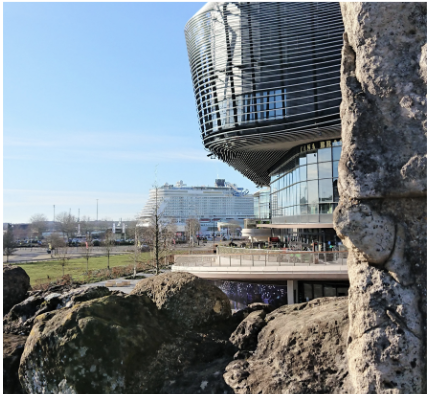
The fitness theme continues throughout the day – Suzie tries to get in 10,000 steps, which are of course easier on the days when she runs. During the early lockdown period, she skipped on her patio. On days when the requisite number of steps have not been met, a brisk walk is in order, often armed with a camera. The ideal future solution however is highly practical – a standing desk with a treadmill that will allow her to keep moving while working on her texts. Ever since that early debilitating illness, health and fitness have always been absolute priorities.
With the UK beginning to emerge from lockdown, weekends devoted to wildlife or coastal photography are an option once more. Other pursuits include singing in a band or in a choir, but this time in the flesh rather than online. Restaurants, cinema and a bit of DIY to convert the home study are also on the agenda – particularly as Suzie is aiming to create an environment suitable for recording voiceover.
London may be only 75 minutes away by train, but now it feels like another world. Even though Suzie doesn’t actually like boats and is prone to sea-sickness, this small and friendly port on the water, with its community spirit, has come to feel like home.
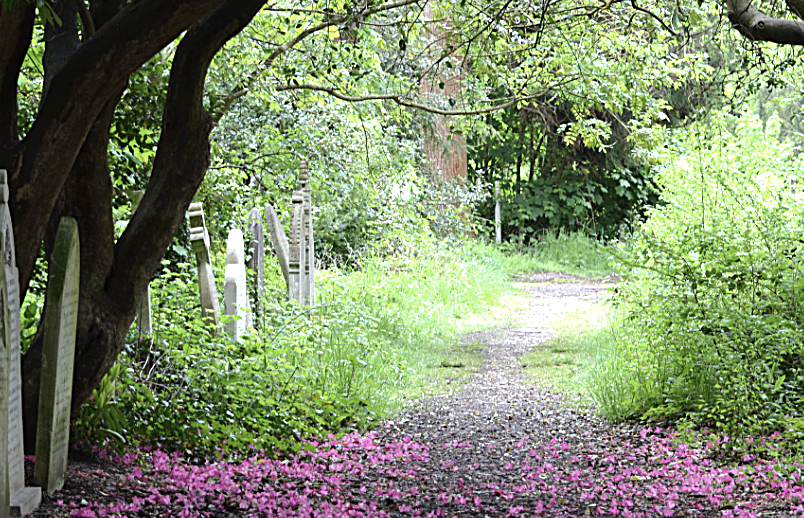
Suzie's ProZ.com profile is: https://www.proz.com/profile/561247
Translation Postcards are written for ProZ.com by Andrew Morris. To feature, drop him a line at andrewmorris@proz.com
This series captures the different geographical contexts in which translators live, and how a normal working day pans out in each place. The idea is to give an insight into translators and translation around the world.
Previous Translation Postcards



